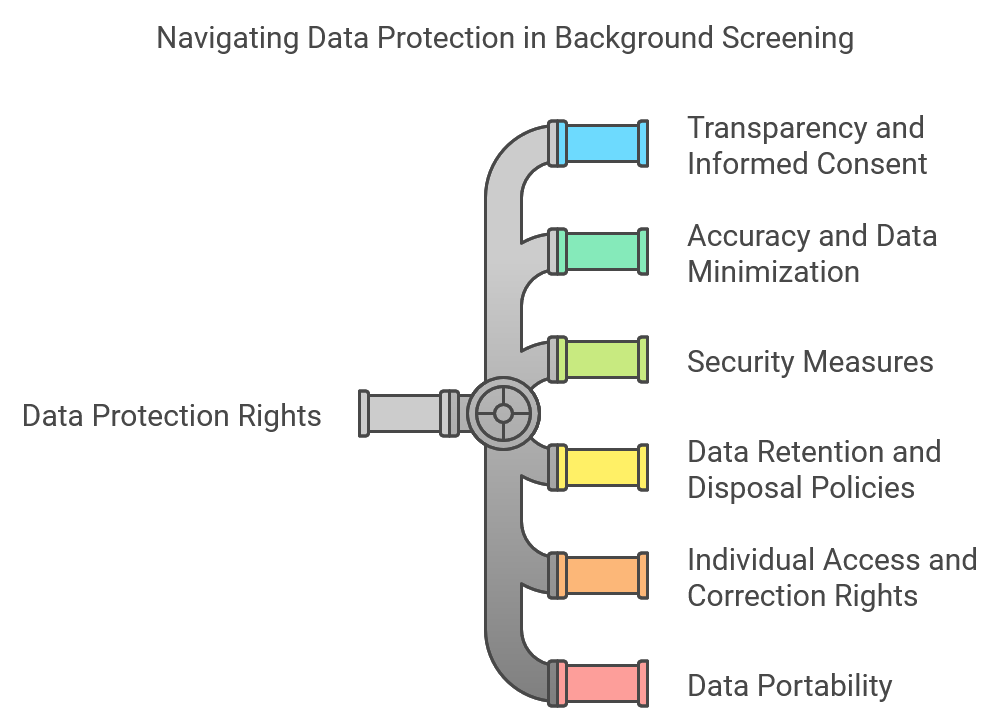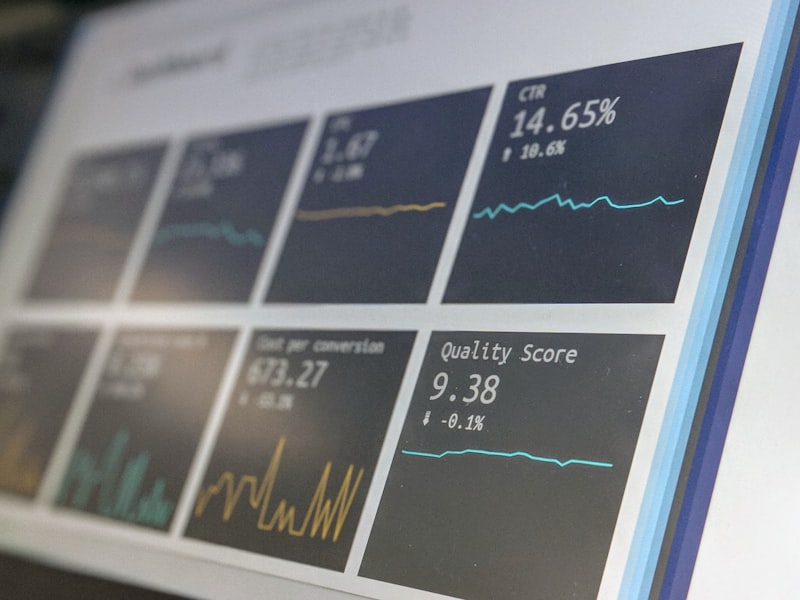Data-Driven Risk Management: The Future is Here
The era of reactive risk management waiting for a crisis to occur before formulating a response is officially over.
Read MoreNovember 24, 2023
In an era of advanced technology and interconnectedness, the handling of personal data has become a critical concern for individuals and organizations alike. This is especially pertinent in the context of background screening, where sensitive information is often collected and processed. The rise of background screening has brought with it an increased focus on data protection rights. Therefore, it is imperative to strike a balance between conducting comprehensive background checks and respecting individuals' right to privacy.
In a world where data is the new currency, safeguarding personal information has never been more critical. Background screening typically involves collecting, processing, and storing sensitive data, including criminal records, financial history, and employment details. Protecting this information is not only an ethical obligation but also a legal requirement in many jurisdictions. The following are the essential concepts surrounding data protection rights in background screening.

One of the foundational principles of data protection is transparency. Employers conducting background checks should inform individuals about the process, what information will be collected, and how it will be used. Obtaining the individual’s explicit consent is not only a legal requirement but also a fundamental aspect of respecting their privacy rights.
Ensuring the accuracy of the information collected is essential. Inaccurate data can have severe consequences for individuals, affecting their employability or their ability to secure housing, for example. Data minimization is also crucial; only the data that is relevant to the background screening process should be collected and processed.
Employers and background check companies are responsible for implementing robust security measures to protect the personal data collected during background screening. This includes encryption, access controls, and secure storage practices. Unauthorized access or data breaches can have serious legal and reputational consequences.
Data protection regulations often specify how long personal information can be retained. Background screening companies should establish clear data retention policies and ensure that data is not kept longer than necessary for the purpose for which it was collected. Once the data is no longer required, it must be safely and securely disposed of to avoid potential privacy violations.
Individuals have the right to access their personal information held by background screening companies, and if they discover inaccuracies or discrepancies, they have the right to request corrections. This empowers individuals to ensure the accuracy of their data and protect their interests.
Some data protection regulations, such as the Nigerian Data Protection Act (NDPA), include data portability rights. This allows individuals to request their data from one organization and transfer it to another, enhancing their control over their personal information.
Individuals also have the right to be informed about any automated decisions based on their data. They can contest these decisions and request human intervention. This protects against potentially unfair or biased automated screening processes.
Balancing data protection rights with the need for comprehensive background screening can be challenging. Companies must strike a delicate equilibrium between respecting an individual's right to privacy and ensuring the security and integrity of their operations. By doing so, they can foster trust and accountability in an age where personal data is of paramount importance.

Security Consulting
The era of reactive risk management waiting for a crisis to occur before formulating a response is officially over.
Read More
Security Consulting
For businesses in Nigeria and across the globe, understanding and mitigating physical risks has never been more critical.
Read More
Protective Intelligence
Should ordinary citizens take up arms to defend themselves? On the surface, it seems a simple, visceral answer to a complex problem.
Read More